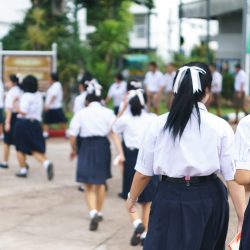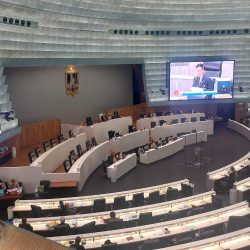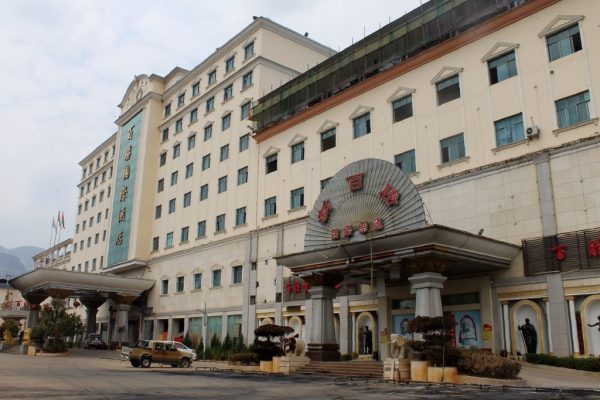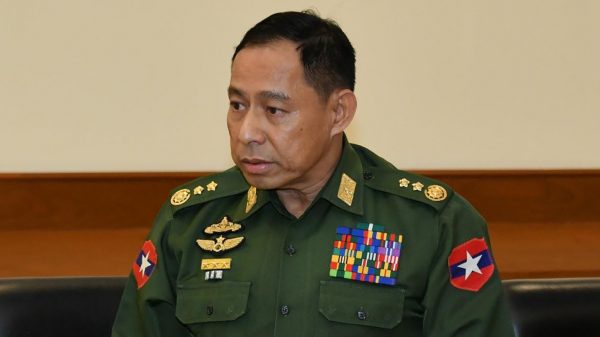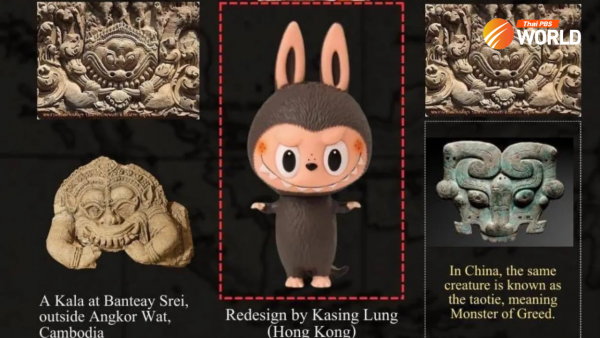Challenges of Thailand’s policies concerning Myanmar refugees

Thailand shares more than 3,000km of land and sea borders with Myanmar. So, when conflicts break out in the neighbouring country, Thailand’s border towns are always impacted. Despite there being more than 90,000 Myanmar refugees in Thailand, the Thai government does not yet conduct Refugee Status Determination and has refused to use the description ‘refugee’ for those fleeing political conflict.
Not using the term officially makes undocumented refugees illegal, deprives them of their rights and some are even sent to detention centres.
To practice a more humane approach in helping refugees, there is a need to shine a light on the issues. Various entities, including law professors, people formerly in authority, humanitarian workers and representatives of political parties, shared suggestions and assessments regarding the crisis during the “Myanmar Refugees Policy Recommendation” talk at ThaiPBS.
A law professor from Chulalongkorn University, Dr. Sriprapha Petcharamesree, suggested that there are principles to follow, before making policy changes to help the refugees.
First, the country does have a refugee classification, officially, on paper and by law. Secondly, scrap the thought that Thailand is just a transit country, as most refugees cannot go back to their home country and many of them have been living in Thailand for generations.
Moreover, the principle of justice and proper administration should be enshrined in the law and the legal interpretation should focus more on human rights, as suggested by Sayamol Kaiyoorawong from the National Human Rights Commission of Thailand.
Suggestions on policies, law and budgeting
Dr. Sriprapha also said that Thailand should create long-term policies, which are crucial in the screening process. The laws concerning the screening process have to be holistic in viewing human rights, by not the separating issues, such as human-trafficking, welfare, education etc. of the refugees, but rather see refugees as humans who face various issues, so the state can come up with an integrated approach. She also suggested that Thailand should allow various specialised social sectors to participate in and push for other ASEAN countries to think more about the refugee screening process.
Thailand actually has laws, such as the Education Act, which enable all children in Thailand to get access to education, and the Civil Registration Act, which allows anyone born in Thailand to register officially.
Concerning the job prospects for refugees, Sayamol said there is a need for a top-down policy for the screening processes, to register skilled refugees in the job market, by collaborating with the Department of Employment. Without top-down policy, she said, there will be increased corruption within the refugee camps, where the refugees have to pay officials to find them jobs.
“The Ministry of Foreign Affairs should have a separate budget for healthcare for the refugees, to support their human rights, as each province receives funding per head of the population but, as in Tak, which has been taking care of more than a million refugees, they do not have enough money for their healthcare,” suggested Gen. Nipat Thonglek, former Director of the Department of Border Affairs
Urgent measurements
Newly elected MP, Kannavee Suebsang, the Secretary of Fair Party, who has been working in humanitarian missions for many years, suggested that Thailand should issue a new law, to enable working with ASEAN and other countries on tackling refugee issues and finding ways to make the Myanmar junta retain potential refugees within their own country without violence.
Experts on the panel also suggested that Thailand provide accommodation for those who are in the screening process on the border, by collaborating with local organisations, so that they can get access to healthcare and education. The country should open a “humanitarian corridor” first. Collaborating at the international level, to provide humanitarian aid and welfare, is a priority, said Kannavee.
Listen to Full Talk: https://www.thaipbs.or.th/live/special/181733
By Atikan Kulsakdinun

